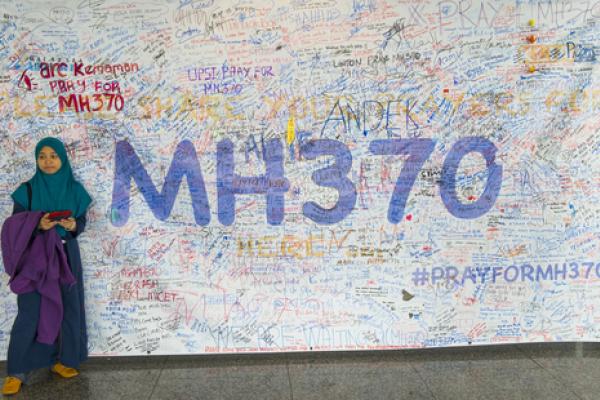The search for Malaysia Airlines Flight 370 has captivated the media and press for days. How could we simply lose a plane? But the story reveals much more about our humanity and spirituality than we realize. Here are four simple revelations that we’ve learned about ourselves during this process:
1. We Crave Answers and Explanations:
As of this writing, Malaysia Airlines Flight 370 has yet to be found (a new breakthrough has possibly led them to the crash site), but the series of unusual circumstances has created an endless amount of theories that have fed our insatiable curiosity. As other world events continue to unfold — including the possibility of a major war involving Russia and Ukraine — we’re addicted to the story of the missing plane. But why?
Deep down, we all want answers. The worst case scenario is that we’ll never know. Mystery and confusion is contrary to everything within our current society — a culture obsessed with logic, data, information, and knowledge. Surely there’s some reason the plane is missing — there had to be — but right now we just don’t know why, and it’s driving us crazy.
The search for answers and meaning motivates our politics, jobs, relationship, and spirituality — and nothing proves this more than our current infatuation with flight 370.
We often treat our faith as an ongoing investigation — desperately looking for answers.
Read the Full Article

